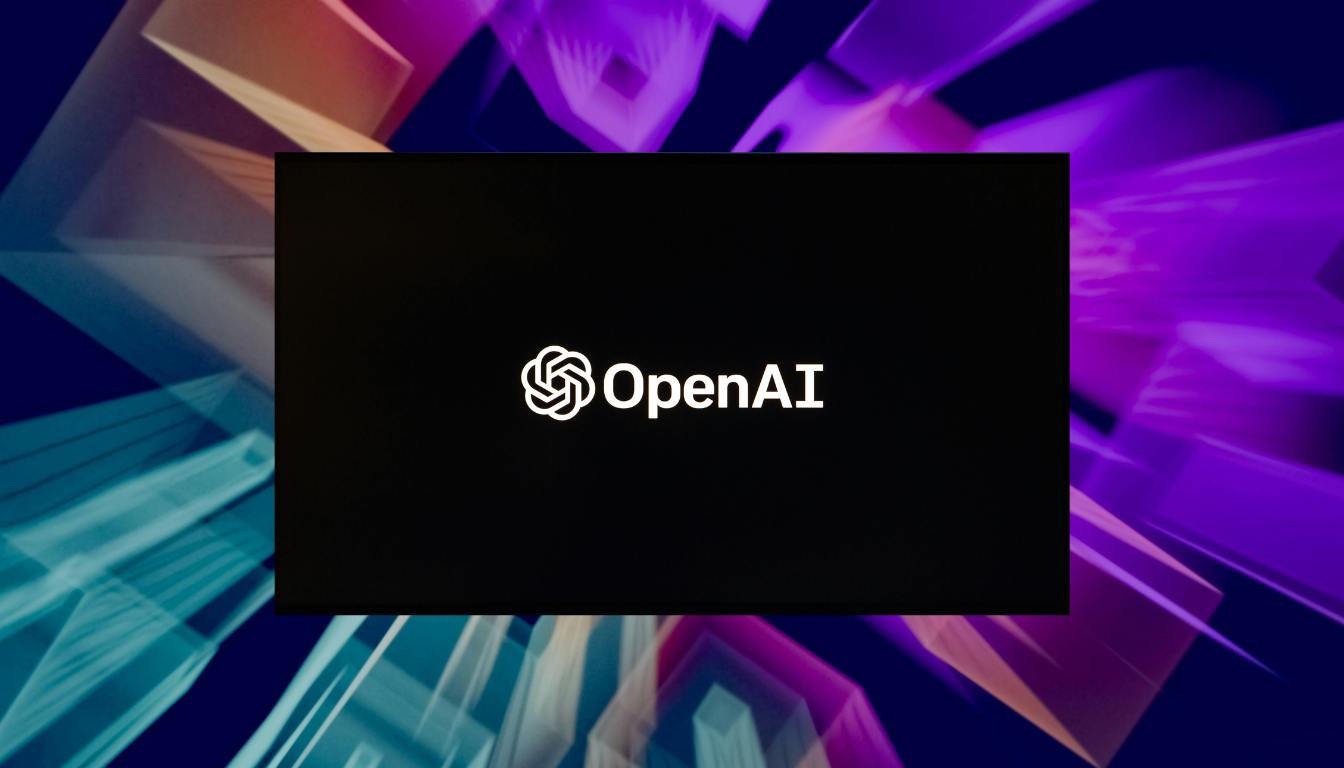Meta’s ambitious move to introduce AI-driven chatbots has stirred controversy after users created bots impersonating figures like Adolf Hitler and Jesus Christ. The incident has raised serious questions about content moderation, ethical boundaries, and the risks of deploying advanced AI tools on social platforms like Facebook and Instagram.
The Issue of Controversial Personas
As part of its effort to engage users, Meta launched an AI chatbot platform allowing individuals to create and interact with personalized bot personas. While many users created chatbots for entertainment and educational purposes, others pushed the limits by developing bots representing polarizing figures.
Some bots, such as those impersonating Adolf Hitler, were used to propagate offensive content. Others, like a chatbot modeled after Jesus Christ, sparked debates about the appropriateness of portraying religious figures in AI-driven conversations. These creations drew widespread criticism for their potential to offend and spread harmful ideas.
Gaps in Content Moderation
This controversy has highlighted shortcomings in Meta’s content moderation systems. The company’s safeguards were insufficient to prevent the creation and spread of these controversial personas. Despite Meta’s use of automated monitoring and content review teams, the pace at which user-generated content evolves poses significant challenges.
The incident underscores the difficulty of moderating AI-driven platforms where users have a high degree of creative freedom. Existing tools and algorithms often struggle to balance innovation with the need to prevent misuse, leaving platforms vulnerable to ethical and reputational risks.
Public Backlash and Platform Integrity
The backlash from users, advocacy groups, and public figures was swift. Critics argued that allowing chatbots to impersonate figures like Hitler could lead to the normalization of hate speech and misinformation. The portrayal of religious figures also drew ire from various communities, who viewed it as disrespectful or insensitive.
This wave of criticism has put Meta under intense scrutiny, with many questioning the company’s commitment to ethical AI practices. Some users have even called for stricter regulation of AI technologies on social platforms to prevent similar incidents in the future.
Meta’s Response and Next Steps
In response to the controversy, Meta has removed the offending chatbots and is reviewing its policies for user-created AI content. The company has pledged to implement stricter safeguards and refine its content moderation tools to prevent similar misuse.
Meta also acknowledged the broader challenges of integrating AI into social media. The company stated that while it aims to push the boundaries of innovation, it remains committed to fostering a safe and respectful environment for all users.
Broader Implications for AI and Social Media
This incident serves as a cautionary tale for the social media industry, illustrating the complexities of deploying AI tools on platforms where user creativity is encouraged. While AI chatbots have the potential to enhance engagement and provide valuable interactions, they also present risks when left unchecked.
The controversy surrounding Meta’s chatbots highlights the importance of proactive measures to prevent misuse. Companies must balance technological advancement with ethical considerations, ensuring that AI tools are developed and deployed responsibly.
For Meta and other tech giants, this moment represents an opportunity to learn, adapt, and lead the way in shaping the future of ethical AI integration. The decisions made now will influence how AI is perceived and used on social platforms for years to come.



